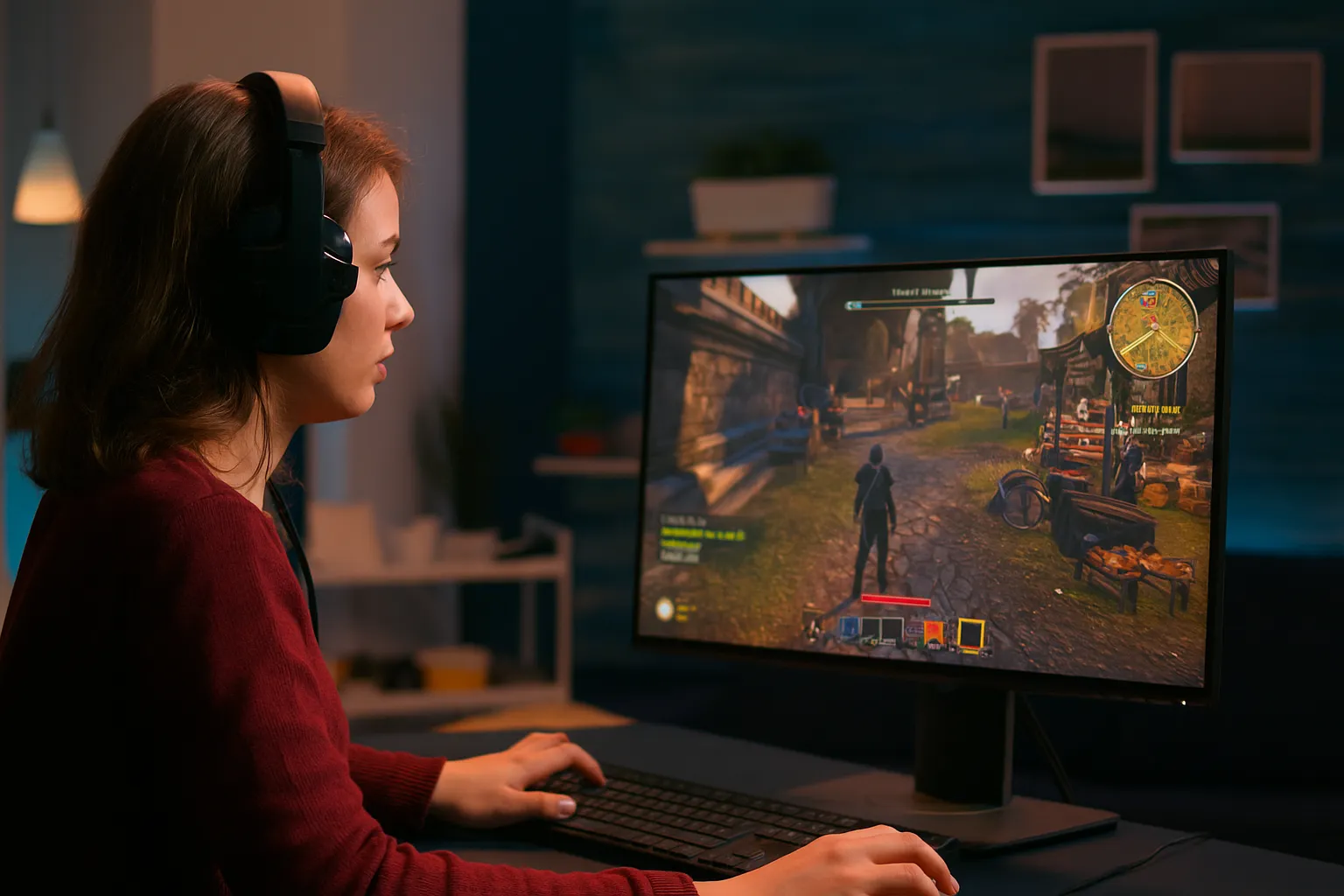Role-playing games (RPGs) have always been about more than just slaying monsters or completing quests. At their core, they are built around progression and reward. Whether you’re grinding for loot in a dungeon or earning points to unlock the next level, the thrill comes from the anticipation of what you might get next. Interestingly, this structure isn’t too far from how casinos design their reward systems. In fact, the similarities are striking—and they help explain why both experiences are so engaging.
The Reward Loop in RPGs
In most online RPGs, players embark on quests, defeat enemies, and collect loot that enhances their character. This creates a constant feedback loop: you invest time, you get rewarded, and that reward motivates you to keep going. It’s the digital equivalent of pulling a lever on a slot machine and waiting for the result. The difference is that in RPGs, rewards are framed as part of the story and character growth rather than money won or lost.
This structure mirrors the way casinos encourage repeated play. Just as an RPG player grinds to find rare armor or a legendary weapon, a slot player spins in search of that jackpot or bonus feature. Both systems rely on unpredictability and the dopamine rush of unexpected rewards.
Casino Mechanics in Gaming
It’s not surprising that the psychology of gambling has influenced game design. Many online RPGs incorporate random number generators (RNGs) to decide loot drops, a mechanic that works similarly to casino algorithms. Players may defeat the same boss multiple times without getting the item they want, which keeps them coming back in hopes that the next attempt will be successful.
This mechanic is incredibly similar to bonus features in casino slots, where players know the possibility exists but cannot predict when it will trigger. Over time, this creates a pattern of behavior rooted in anticipation and persistence.
Even fast-paced formats like crash casino games share this philosophy. Just as a player in an RPG must decide when to stop farming or take a risk on a new quest, crash games challenge players to decide when to cash out before the multiplier crashes. Both systems turn risk and timing into a core part of the experience.
Progression Systems and Loyalty
One of the strongest parallels between RPGs and casinos is progression. In RPGs, players level up, unlock abilities, and advance through increasingly difficult challenges. This is often mirrored in casinos through loyalty programs, tiered memberships, and VIP schemes.
The psychology behind this is simple: people love feeling like they are advancing. Just as an RPG player might grind to reach level 50, a casino player might chase points to unlock better bonuses or exclusive access. In both cases, the sense of achievement is tied not just to skill, but also to time and persistence.
The Role of Social Interaction
Modern RPGs thrive on community. Guilds, clans, and multiplayer events create a social environment where progression is shared and celebrated. Casinos, too, tap into this dynamic by hosting tournaments, leaderboards, and live dealer games that allow players to interact with others.
This shared environment enhances engagement. When players see others succeeding—whether it’s a guildmate earning rare loot or a casino user hitting a jackpot—it reinforces the belief that they too can achieve the same. This sense of social validation keeps players invested and emotionally connected.
The Psychology of Random Rewards
At the heart of both RPGs and casinos is the concept of random rewards. Psychologists call this a “variable ratio reinforcement schedule,” and it is one of the most powerful motivators of human behavior. When players don’t know exactly when a reward will come, they are more likely to keep playing, just in case the next spin or battle produces it.
This is why grinding in RPGs and spinning in slot machines can feel so addictive. The uncertainty makes each attempt exciting, even when the outcome is disappointing. The promise of “just one more try” is a powerful hook in both worlds.
The Future of Convergence
The overlap between RPGs and casino systems is only growing. With the rise of gamified gambling and gambling-like game mechanics, the lines are becoming increasingly blurred. Loot boxes in games, for instance, are essentially digital slot machines wrapped in a gaming skin. Similarly, online casinos are adopting RPG-like features such as quests, missions, and leveling systems to keep players engaged.
As technology evolves, we can expect even greater crossover. Virtual reality may bring RPG-style storytelling into casino environments, while blockchain-based games may merge gambling rewards with traditional progression systems.
Final Thoughts
Online RPGs and casinos may appear to cater to very different audiences, but at their core, they both rely on the same psychological triggers. Progression, random rewards, and social validation create powerful loops that keep players engaged. For gamers, this means hours spent chasing loot and leveling up. For casino players, it means chasing jackpots and unlocking rewards.
The similarities remind us that whether in a fantasy dungeon or a digital casino, the thrill often comes from the same source: the unpredictable promise of the next reward.



